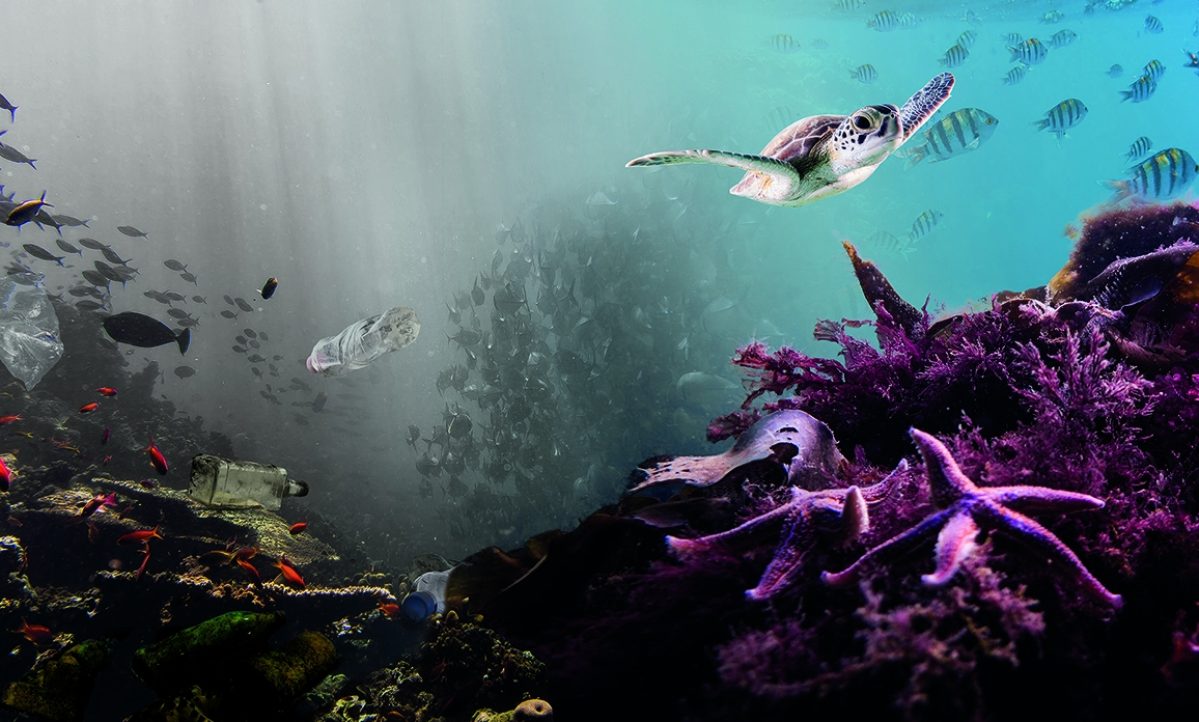Microplastics and plastics soup, why the Eneco Clean Beach Cup is still needed every year
MICROPLASTICS AND PLASTICS SOUP, WHY THE ENECO CLEAN BEACH CUP IS STILL NEEDED EVERY YEAR
In the year 2021, over 390 million tonnes of plastic were produced - that's 390,000,000,000,000 kilograms! A whopping 40% of that - or 156,000,000,000 kg - will be thrown away within a month. You can imagine that nature can't handle this, especially considering that plastic doesn't decompose. The plastic breaks down into tiny particles, micro- and nanoplastics, which manage to penetrate everywhere. A disaster for nature, humans and animals!

Every year, rivers and canals carry 5 to 13 million tonnes of waste into the seas and oceans. The sea currents cause all this waste to collect, such an accumulation is called a plastics soup. The largest, in the northern Pacific Ocean, contains some 1,990 billion pieces of plastic. From tiny microplastics to pieces measuring over 20 cm, it's all floating around.
Sending a clear signal is the message. Because with such large quantities, systematic change is needed from governments and big polluters. Reducing plastic production is one thing, but increased and sustained efforts on recycling and especially a complete ban on single-use plastics are necessary if we want to make a lasting difference.
It remains crucial to do your own part as well. Because many small changes lead to big results. Avoiding single-use plastics, cosmetics and personal care products containing microplastics and fast-fashion is a good start. So is cleaning the beach to show that we are fed up with all the plastic waste and that we collectively need to change our mindset if we are to solve this problem in the long run.
Source: Plastic Soup Foundation
 Participate
Participate